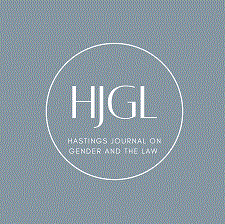
Abstract
Quality-of-life ordinances criminalize visible acts associated with the status of homelessness. Quality-of-life enforcement removes perceived "others" from our communities, building on historical precedent that punished homelessness and pauperism with fines, workhouses and imprisonment. San Francisco's recent experiment in increased enforcement of these ordinances involved coercing individuals onto waitlists for social services under the threat of prosecution without legal representation. Through displacement from streets to jails, criminalization may temporarily serve to lessen the visibility of homelessness. But the process of charging police departments and court systems with the responsibility of solving this social policy dilemma leads to burgeoning social and economic costs, little quality-of-life improvement, and revolving doors of incarceration, rather than actual solutions to the underlying causes of homelessness. Non-punitive, community-based alternatives to quality-of-life enforcement policies can emphasize the confluence of the city's objectives in maintaining clean, safe streets, delivering quality social services to homeless people, and respecting the rights and dignity of all San Franciscans. San Francisco can more effectively fulfill its goals and more efficiently spend its resources if the police department and court system are not responsible for administering homeless outreach programs nor mandating compliance with social service programs.
Recommended Citation
Maya Nordberg,
Jails Not Homes: Quality of Life on the Streets of San Francisco,
13 Hastings Women's L.J. 261
(2002).
Available at: https://repository.uclawsf.edu/hwlj/vol13/iss2/5


